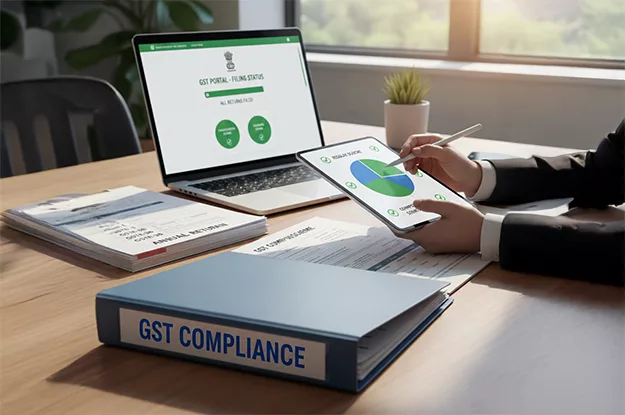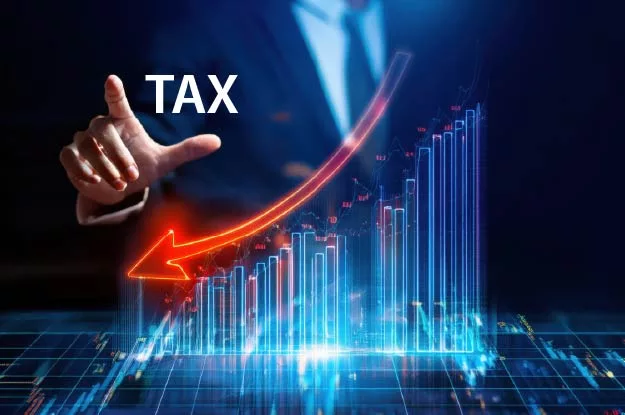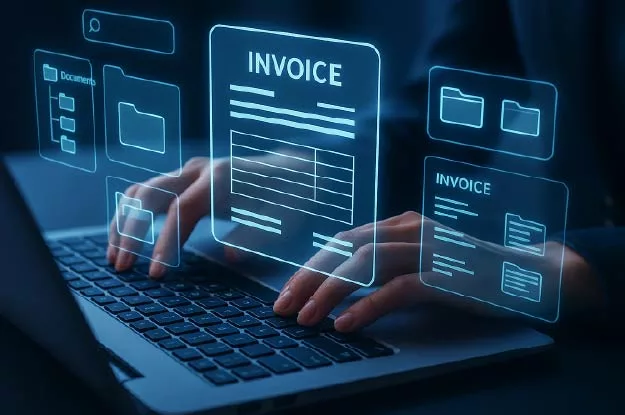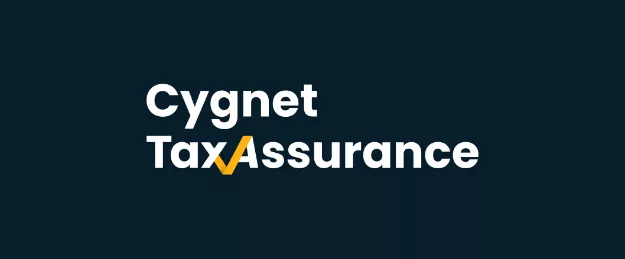While a lot of organisations may not consider data management a task for which technology is required, technology when used appropriately in data management gives information; Information that is useful, meaningful, and has real value.
Why Tax Data Management?
In the last two decades, the organisation’s needs with respect to data have drastically changed. Earlier, there was fierce competition to collect data and use it for various purposes be it compliances, reporting, analysis, etc. Hence, data capturing, and the collection was itself a challenge. However, with time, the data collection and capturing has become simpler with the help of top-notch accounting software and defined procedures. The issue that the businesses across are facing now is ‘too much information’. It is no secret that tax data is overwhelming and vast. Generally, tax and finance teams are swamped with data, which must be analysed and broken down into fragments to make them meaningful. ‘Drowning in data’ is a term coined especially for such situations.
It is not only about the convenience of tax and finance teams that data management has gained importance; data management has also become imperative considering the digital governance followed by majority governments in various countries.
Historically, the tax departments demanded data that was prepared manually in the form of large spreadsheets, long explanations, and a database. This has changed to a large extent. Due to most tax compliances i.e. Income tax, Transfer pricing, and GST being done electronically, the tax departments already have such spreadsheets and a database in place. The notices issued by the tax department no longer ask for the data that was demanded earlier. They identify any variances in the information furnished with the help of data analytics and artificial intelligence. Such data variances are then communicated to the taxpayer with a show-cause notice. When the Government is deploying technology to manage data, it only is obvious that enterprises have no choice but to follow the suit.
Benefits Of Tax Data Management
Tax data management if done effectively can have the following benefits:
-
Pre-filled returns are the order of the day. Live data is being shared with tax authorities via E-invoices, E-way bills, etc. As tax details are reported in real time, furnishing accurate data initially is crucial to mitigate GST errors and avoid departmental notices.
- A data repository that contains reliable, correct, and reconciled data can be developed with time which can prove helpful in the future. This shall reduce the information retrieval time and cost to a large extent and shall come in handy in the future when information is required. Moreover, this also becomes helpful as people in an organisation are not permanent and may not be present when retrieval is required.
- A lot of time and cost is saved in reporting as custom reports are easily made available. Moreover, less manual time is required for group reporting and departmental reporting.
- Reconciliations that have become the backbone of tax compliances today can be easily completed using technology that otherwise takes a humongous amount of time and cost.
- Data management proves effective in the case of improving data quality which in turn can be used for strategy and informed decisions.
- Lesser usage of paper reduces environmental damage.
- Data security is ensured with minimum leakage points.
How Has Technology Helped?
Organisations are using various tools to organise, digitise, categorise and manage the diverse collection of data. Such tools could be generic data management tools or could be tax specific. These tools enhance the user’s experience by not only storing data in an organised manner but permits collaboration, review, authorisations, and approvals within the tool itself.
It is worthwhile to note that there are only a fraction of enterprises who are effectively using tech tools to manage their tax data. Most of the organisations are still using the traditional approach where there are multiple data entry points and multiple users entering data; thus, making the system chaotic.
Organisations need to keep in mind that data can be obtained from various sources which can either be internal (ERP, S/4 HANA, Excel, etc.) or external (industry reports, company registers). Thus, as discussed above there is a sea of data that needs to be managed to be able to use it constructively. A stock-taking activity of existing systems needs to be undertaken which shall prevent duplication of efforts. Post this, a database in the form of a data warehouse can be made through standard or custom connectors. Once the database in the form of the data warehouse or data lake is available, the organisation can use this for various end uses such as GST compliances, tax computation, analytical reports, generation of E-way bills and E-invoices, etc.
A diagram depicting various tiers of data management.
Conclusion
Technology can disrupt the way tax function operates; it can create unseen opportunities to save more and deliver more. Technologies such as RPA, data analytics, AI, cloud computing can provide a step ahead to any organisations data management.
Any enterprise needs to conduct a cost-benefit analysis to realise and unlock the value that tech-based data management can offer. Organisations need to realise that sooner or later evolution in terms of data management is bound to happen. Their level of readiness will determine whether they shall be the leaders or followers in the trend that’s picking up big time!


































